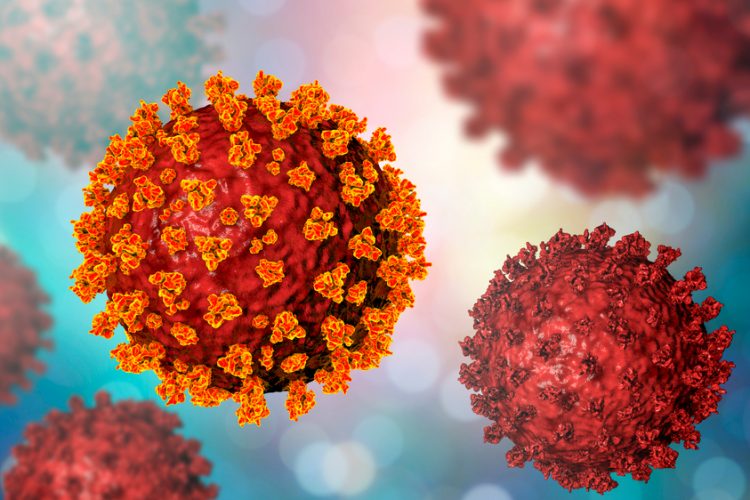Lead SARS-CoV-2 inhibitor compound identified by researchers to treat COVID-19
Posted: 23 April 2020 | Victoria Rees (Drug Target Review) | No comments yet
Researchers have found a lead compound which they say inhibits SARS-CoV-2 viral replication and demonstrates good pharmacokinetic activity in vivo.


A team of Chinese scientists has developed two novel compounds that inhibit the SARS-CoV-2 main protease (Mpro), SARS-CoV-2 is the virus causing the COVID-19 pandemic. One of these compounds is a good drug candidate for further clinical studies, say the researchers.
The research was conducted at the Shanghai Institute of Materia Medica (SIMM) of the Chinese Academy of Sciences (CAS), the Shanghai Institute for Advanced Immunochemical Studies of ShanghaiTech University and the Wuhan Institute of Virology of CAS.
SARS-CoV-2 is an enveloped, positive-sense, single-stranded RNA virus and SARS-CoV-2 Mpro plays a vital role in its life cycle. Since Mpro has no human homologue, it is an ideal antiviral drug target, say the researchers.
After analysing the substrate-binding pockets of SARS-CoV-2 Mpro, the scientists designed and synthesised two compounds, 11a and 11b. A fluorescence resonance energy transfer (FRET)-based cleavage assay was then used to reveal their effective inhibitory activity for both 11a and 11b.
The researchers also used immunofluorescence, quantitative real-time polymerase chain reaction (PCR) and plaque assay to monitor the antiviral activity of 11a and 11b. The results all showed that compounds the compounds exhibited good anti-SARS-CoV-2-infection activity in cell cultures. In addition, these compounds showed good pharmacokinetic properties in vivo, suggesting they are promising drug candidates. However, the researchers found that 11a demonstrated a lower toxicity level, making it particularly promising.
To elucidate the inhibition mechanism of 11a and 11b against SARS-CoV-2 Mpro, the scientists determined the high-resolution crystal structure of the compound-protease complexes. These complexes demonstrated both the interactions and mechanism of SARS-CoV-2 inhibition.
Pre-clinical research on compound 11a is now proceeding and the team has decided to share its research data with scientists around the world to accelerate the development of anti-SARS-CoV-2 drugs.
The findings were published in Science.
Related topics
Drug Leads, Drug Targets, Hit-to-Lead, Lead Generation, Protein, Research & Development
Related conditions
Coronavirus, Covid-19


